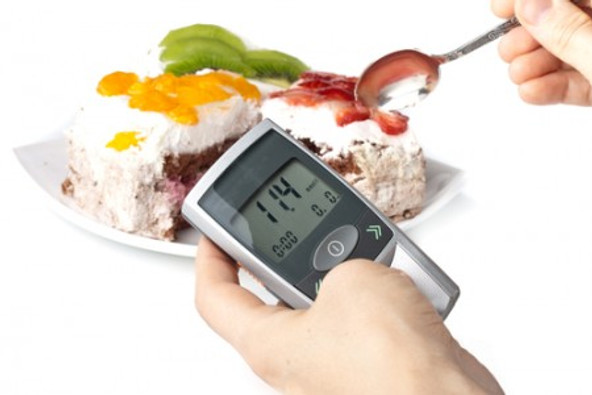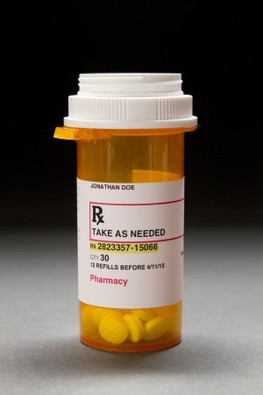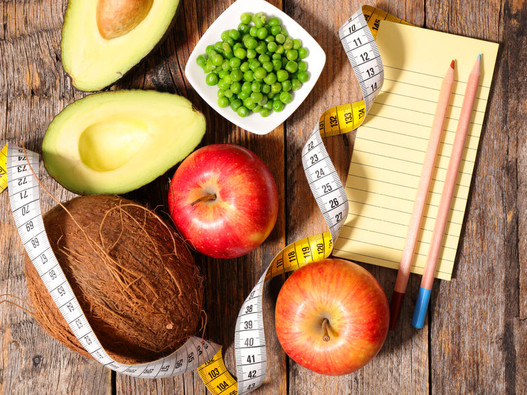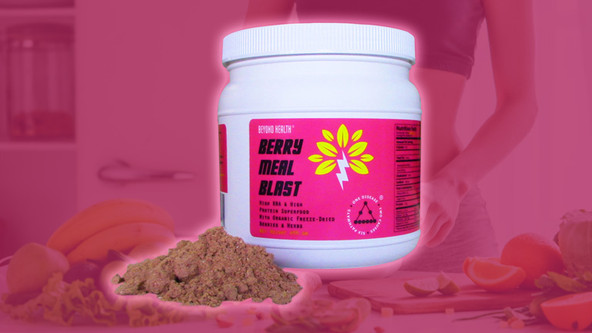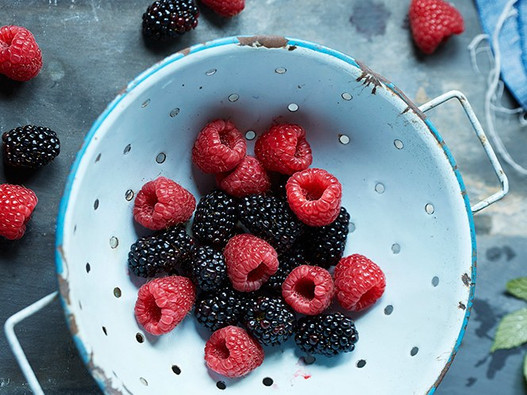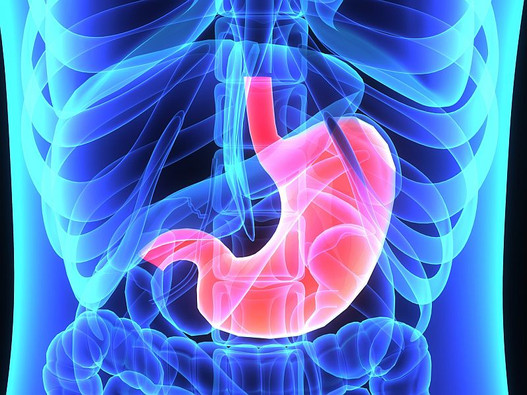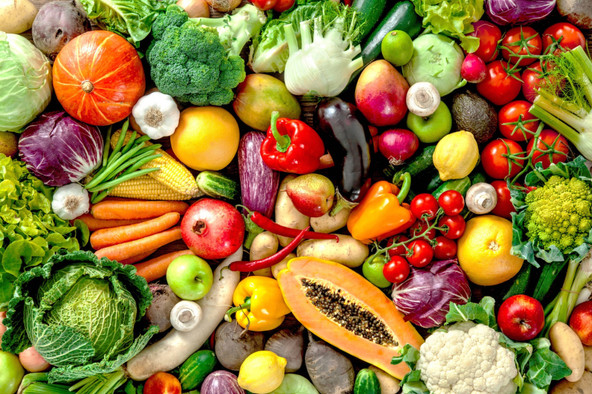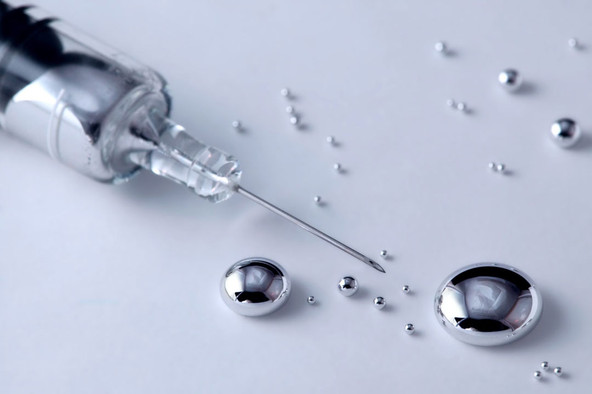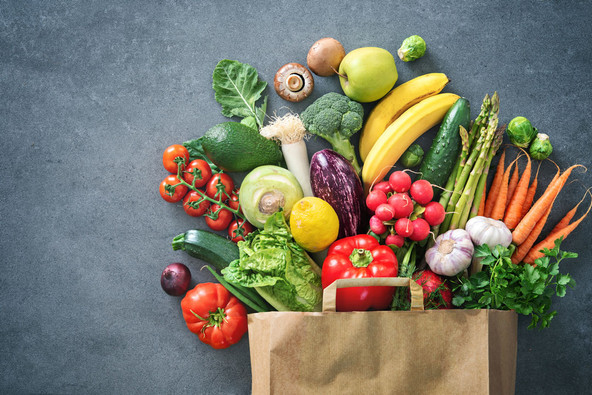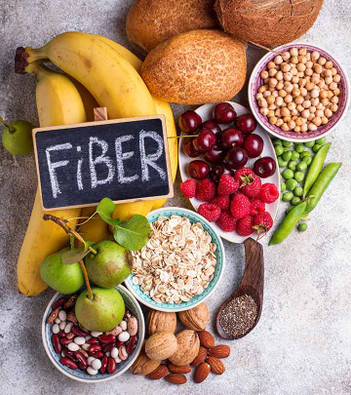Posted by Beyond Health on Nov 3rd 2025
When to Take Which Supplements
The body performs different functions at different times of the day. Many people suggest adding food supplements at varied times of the day to accommodate for the digestion and assimilation of these nutrients. Calcium. (Beyond Health – Bone Mineral Formula) Calcium is utilized at night, and also because calcium can help you get to sleep when taken at bed time. Magnesium is needed to work hand-in-hand with calcium. Our formula has both the calcium and magnesium. Many vitamins are best ingested with food. Fat-soluble vitamins need fat in order to be absorbed, so they should always be taken with meals that contain fat. Fat-soluble vitamins include vitamins A, vitamin D, vitamin E and vitamin K. Take our multi-vitamin with food. Vitamin C lasts only a few hours in the bloodstream. It should be repeated every three hours for best results, or the entire dose should be divided up to take a third with each meal. Do not take at bedtime as it will keep most awake. Our Dietary Fiber Formul…
read more Fuel your life with the purest vitamins
Fuel your life with the purest vitamins



